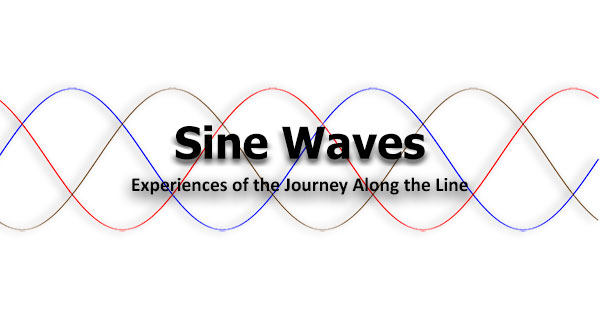The men and women that answer the call to action, to “keep the lights on,” do so because it is a proud trade and an honorable thing to do.
It has always come with respect and remuneration among other trades simply because of the incredible danger. In the world that depends on electricity to live and breathe, it is the heartbeat of society.
A phone call in the middle of the night initiates the lineman’s opportunity to serve, and if someone does not move quickly, lives can be at risk. Of course, a life can be put at risk in an instant and sometimes, reacting instantly can be too late for many.
The situations are endless. It is hard to describe what actions will be required or for how long?
It seems, to me, that life comes and goes like AC current but, hopefully, the frequency is steady. People begin and end their lives and it goes unnoticed.
Linemen do their work during the day or night, quietly, unless a mistake has occurred. These are the moments that change people’s lives. They occur quickly, in between cycles of a generator or the heartbeat of a proud person trying to do what they love.
In a twelve-month year, most line workers work 15 months of their personal time and their families’ personal time. The cost physically and emotionally depends on the quality of life when they are home. The people who have normal, less stressful roles can rest more easily and often.
Linemen decompress from the higher levels of pressure in many ways. If time is available, recovery can be within an eight - ten-hour period. Night shift workers and irregular hours cause many health issues for people. High levels of stress, due to the nature of the work and the environments involved (that many people cannot imagine) take an emotional and physical toll. Linemen cope with the imbalance of life differently.
The larger, more obvious recognition and rewards for line workers comes after the worst of situations. Usually, linemen are resting or recovering from going above and beyond and likely would not read or even notice. There was a time when a crew was rewarded with a mug after working for three months (16-hour days) on the side of a mountain repairing towers in horrible ice and snow conditions. Those presenting didn’t understand that a trinket was viewed as a sign of disrespect.
Linemen (and linewomen) are not going to explain this trade because most people wouldn’t understand. Opening up or taking the time to share what would be a reward, to someone who has never been in the trade is not likely to happen. Linemen normally are not Dale Carnegie graduates or Distinguished Toastmasters, so communications are usually truthy and short. Humor is a great trait and understating the obvious danger in their lives is humble and proud.
The invisibility of the trade is slowly being uncovered with GoPro technologies and social media platforms now.
Health and Safety will come in the forms of more support of technology and resources. Financial benefit and lifestyle support will naturally improve as more information and education of the public occurs. Improvements in training and technical training will drive work practices and safety standards higher. The integration of electrical systems and demand will increase the need for more infrastructure support, which will increase the need for more linemen.
In the future, linemen will need to know more than ever before. This will drive the need to stay current. The work/life balance will once again be tipped unevenly towards work.
The one thing that linemen are good at is standing their ground and saying, no, sorry I cannot go.
Bruce Masse – Trouble Technician

